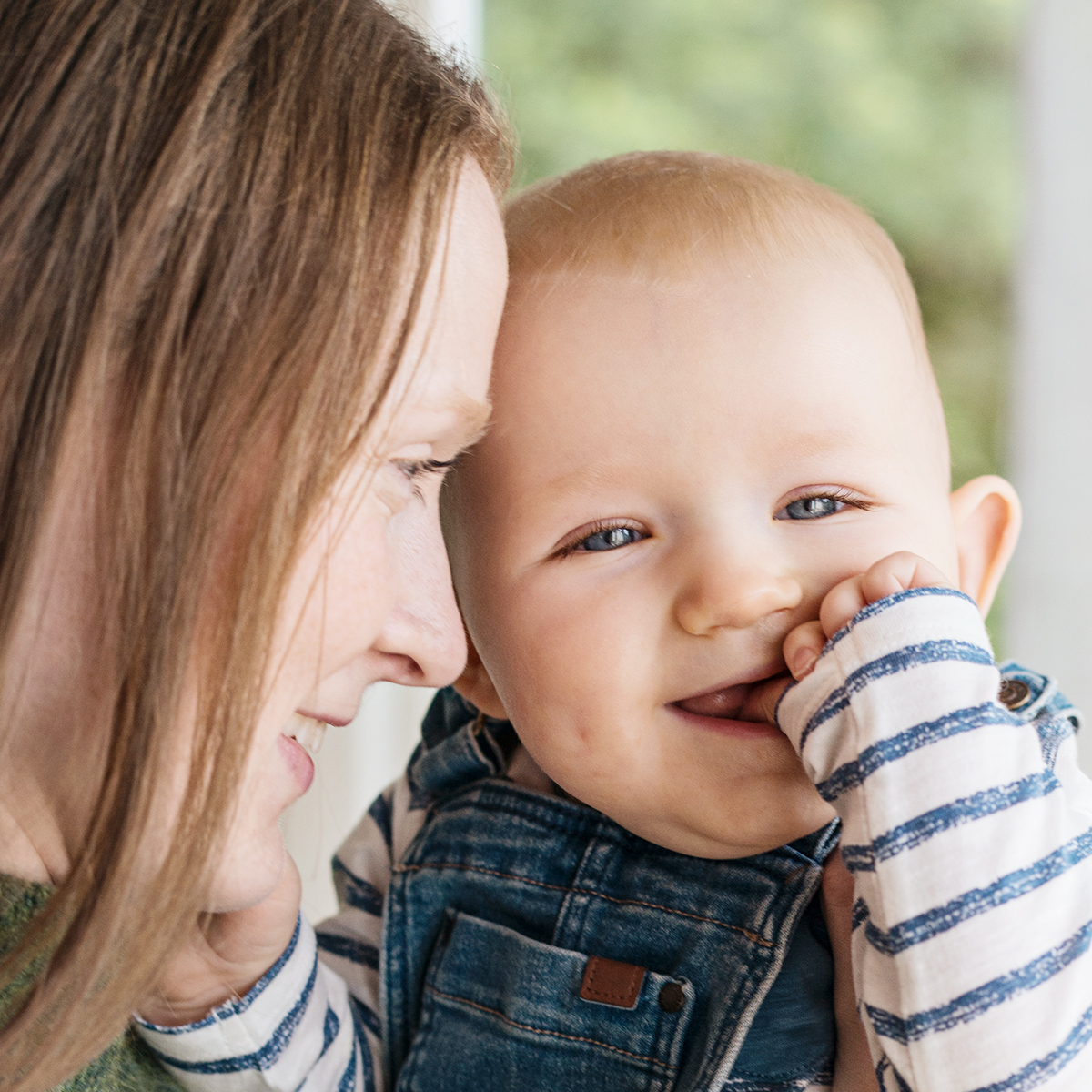
Diarrhoea
A bout of diarrhoea or vomiting can come on very quickly. Since little ones are at a higher risk of dehydration, it is crucial to know the signs to look out for.
READ MOREThe information on this part of the website is intended only for health care professionals. I am an expert within the meaning of Act No. country xy. I herewith confirm that I am a professional according to this definition.
Unfortunately, as you are not a health care professional we cannot provide you this information.

When a little one is sick, obviously both parents and doctors want to make him or her healthy as quickly as possible. In some cases, this means taking antibiotics.
Antibiotics are essential medicines that fight bacterial infections and save lives. But treatment with an anti- biotic is not a game, it is a very serious medication that should be taken only when necessary and completed under close surveillance.
If a baby has a bacterial infection and requires antibiotics, it is essential that parents follow the instructions carefully, including the length of medication. Parents should read the package leaflet included with each medicine and make themselves familiar with frequently or rarely occurring side effects before beginning the treatment. If a baby displays side effects, parents should seek medical advice immediately.
Just as the word probiotic can be translated to "for life", antibiotics means "against life", as they either kill or inhibit the growth of pathogens that cause bcaterial infections.The problem is that an antibiotic cannot differentiate between good and bad bacteria and thus destroys the good ones, too. | As a result, babies and toddlers (could happen to everybody) taking antibiotics could experience bloating, nausea, vomitting, and diarrhoea. For a perfect partnership, a probiotic supplement (containing Limosilactobacillus reuteri Protectis, for example) can be taken during antibiotic treatment to enhance the gut flora with good bacteria. |


A bout of diarrhoea or vomiting can come on very quickly. Since little ones are at a higher risk of dehydration, it is crucial to know the signs to look out for.
READ MORE
The gut plays a crucial role in immune system function. So, the first years of life are particularly important as a child’s body builds up its immunity.
READ MORE
The immune system is spread throughout the entire body, and the digestive system plays a huge role in it.
READ MORE